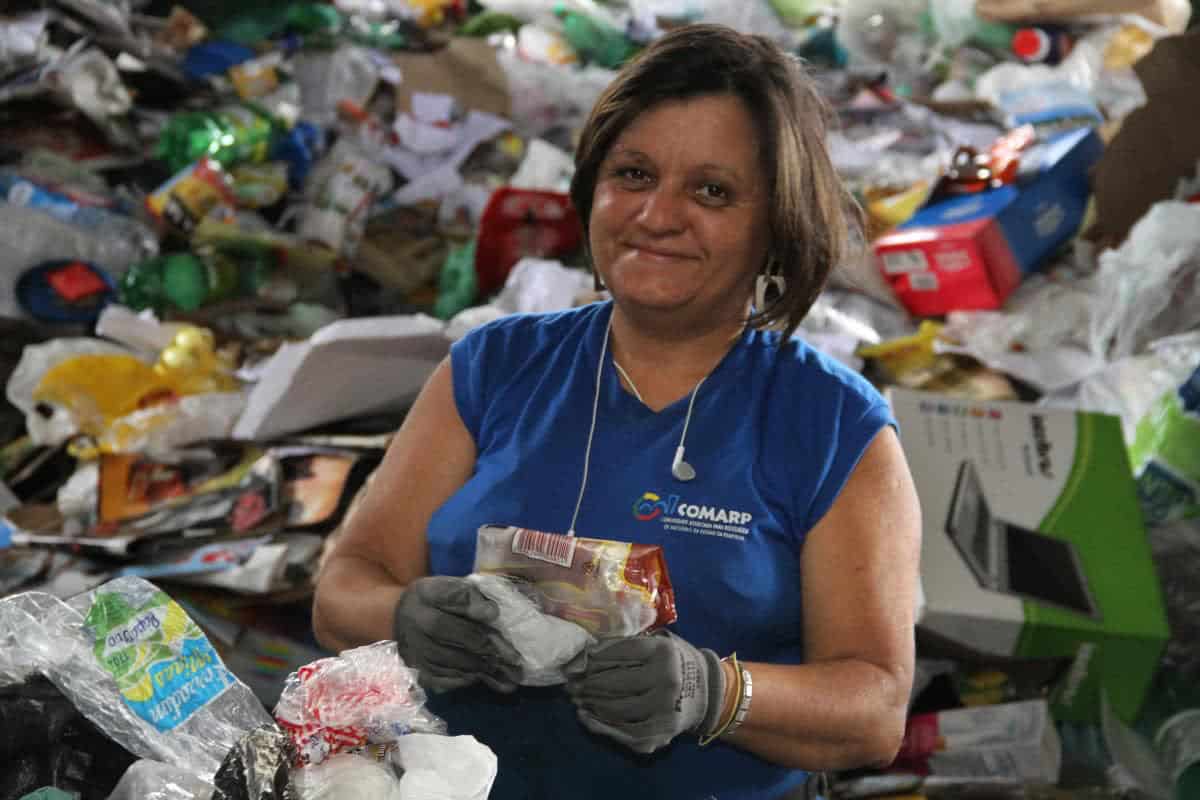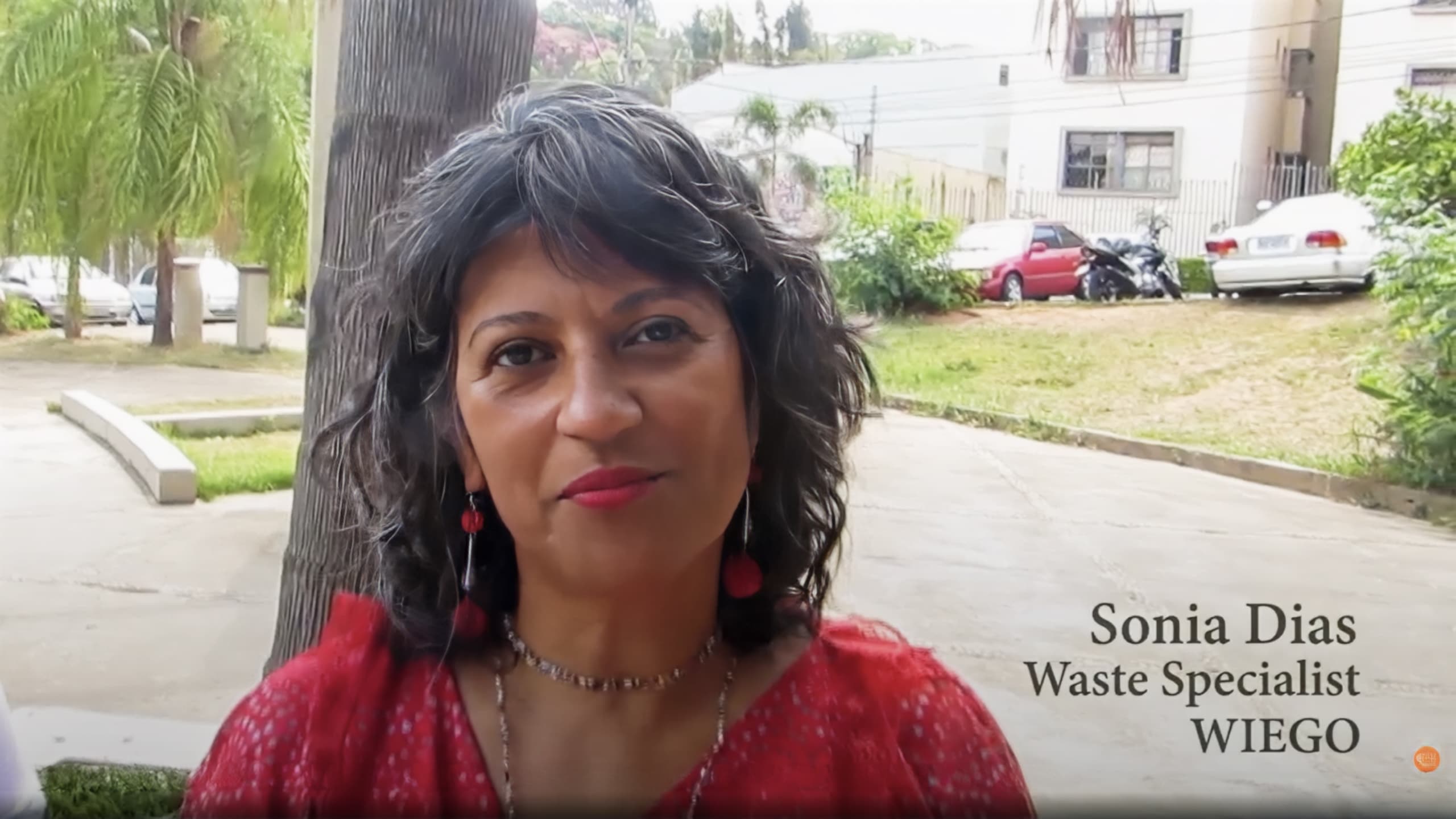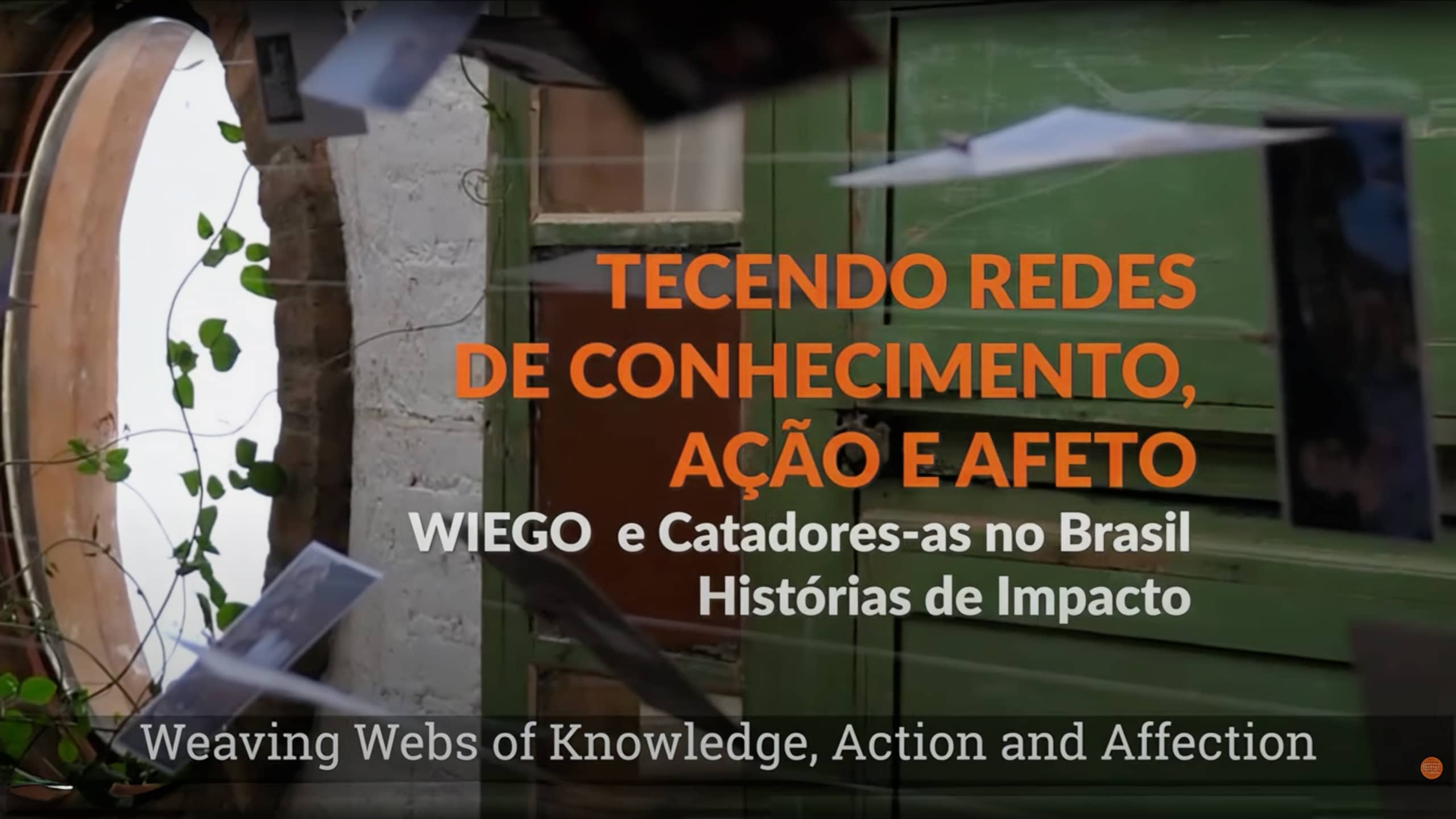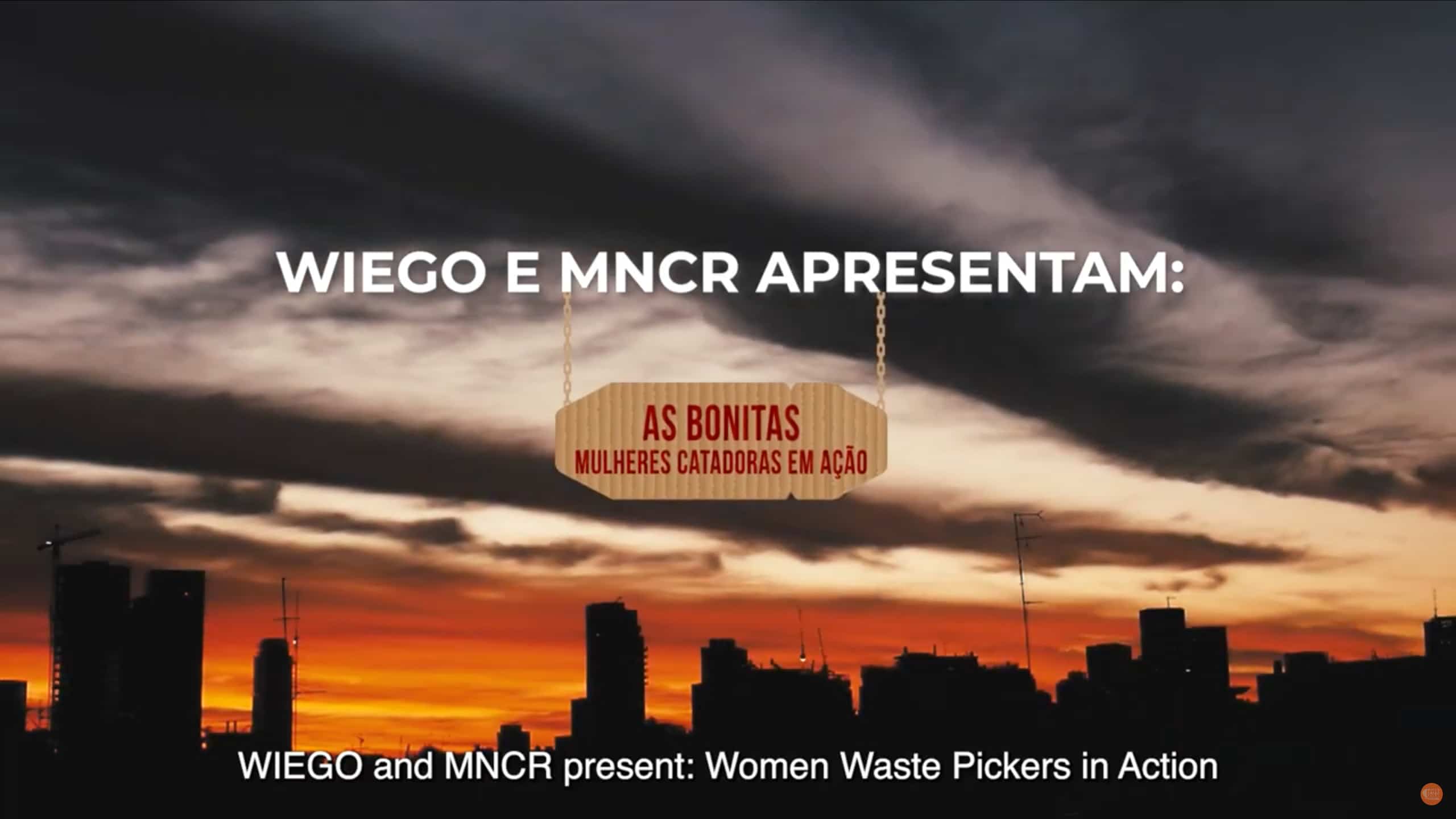Gender and Waste
The Gender and Waste project addresses gender inequality that women waste pickers face at home, at work, and as leaders within their representative organizations. It has mapped out practical and strategic needs in order to attain economic and political empowerment.
Share


